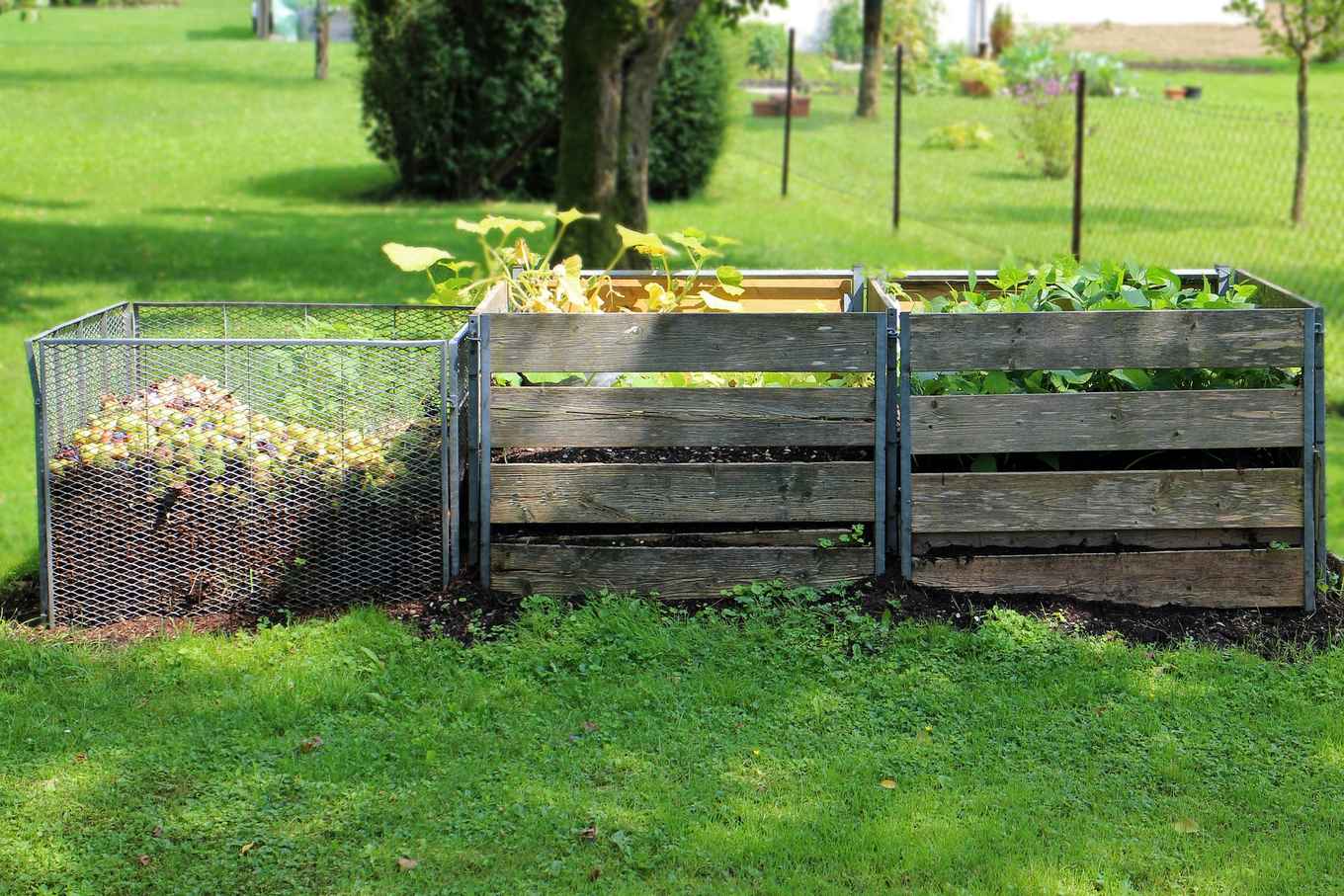Strategies for circular waste management in an urban environment
Amsterdam case study is illustrative of urban waste management in cities around the world
10 September 2020

An open-access paper in the journal Advanced Sustainable Systems contains the first results of the joint research project set up by Prof. Gadi Rothenberg of the van 't Hoff Institute for Molecular Sciences at the Faculty of Science and Prof. Ans Kolk of the Amsterdam Business School. It is aimed at developing urban waste management strategies and mapping technical and socio-economic aspects. As part of this research, MSc student Ludovica Viva, together with Dr Francesca Ciulli (now at Radboud University Nijmegen), focused on the city of Amsterdam as a case study.
Not compatible with a circular strategy
The city council of Amsterdam, a city covering nearly 220 km2 and home to more than 800,000 people, aims to be a pioneer in circularity. Indeed, it set some ambitious targets such as separating 65% of waste by 2020 and becoming completely circular in 2050. However, at the moment it is still far from these goals.
The researchers conclude that many waste flows in the city are linear and unsustainable. The focus on incineration as the primary waste disposal process results in emissions (of CO2 and flue gases) and ashes (solid and fly) which are all to be considered as waste products. A particular problem lies with organic waste, which currently is not separated, but just incinerated with residual waste. This hampers the closure of the biological cycle in the city and it is not compatible with a circular strategy. Moreover, organic waste is over 90% water, so burning it is energetically ineffective.
A combined paper and online survey conducted by Ms. Viva show that Amsterdam residents are confused about the waste stream destination of several goods, and that few people know the location of the dedicated bring-points for recyclables. The lack of transparency in waste management is one of the biggest perceived barriers to organic waste separation.
Furthermore, the researchers note that the very dense and interlinked urban texture of Amsterdam is not at all reflected in the waste management approach. Currently, the different systems' components are neither outlined nor interconnected and therefore their function and value are lost. Current waste management practices disregard the territorial and social characteristics of the city as well as the flow of its organic waste streams and the potential for their recovery.
Towards a circular economy
The Amsterdam case is illustrative of urban waste management in cities around the world. It is a highly complex problem that involves many stakeholders: consumers, shops, service providers, manufacturers and local authorities. This means that changing urban waste management practices is very difficult. Yet change is imperative since our linear “produce-use-waste” economic system is unsustainable. Modern societies produce huge amounts of waste, which is getting harder and harder to get rid of. This is true everywhere, but especially in cities, where many people live close together.
A promising alternative is the so-called circular economy. In the circular approach, infinite and renewable resources play a central role, while other resources are re-used and recycled. This is done in a cascading way, preserving the value and complexity of materials as much as possible. Implementing a circular economy requires a shift in governance, business models, and societal norms. Basically, it means that everyone involved must change the way they think, work and live.
An integrative approach
In their project, the Amsterdam researchers approach the problem of urban waste management as more than just a technical problem. Building new strategies for waste management requires technological, social and economic innovation. "In our methodology, we consider all the key and support activities of waste management, from collection to processing. There is no one‐size‐fits‐all solution", Prof. Rothenberg explains. "Instead, the suitability of a waste management strategy depends on aspects that are specific to its context. To enable an analysis that is both systemic and yet specific we propose an integrative approach, with three main stages: outline, multi-pillar mapping, and synthesis."
Rothenberg underpins the importance of inter-faculty cooperation in this research: "You need a team that combines physical and social sciences, because you need to provide a technological solution and find a way for people to adopt your solution and use it." Rothenberg and Kolk are now looking to expand the collaboration to include also researchers from the faculty of social and behavioural sciences (FMG), and extending the areas of collaboration also to the management of clean energy and CO2 mitigation. In all these areas, technical solutions alone are not enough. Successful implementation requires an understanding of the behavioural, economic and institutional dimensions that influence changes on the part of consumers, companies and governmental organizations. They are therefore aiming at multi-method research projects that will combine the strengths of physical sciences, social sciences, economics and business management.
Original open-access article:
L. Viva, F. Ciulli, A. Kolk and G. Rothenberg: Designing Circular Waste Management Strategies: The Case of Organic Waste in Amsterdam. Adv. Sustainable Syst., 2020, published online. DOI: 10.1002/adsu.202000023 (open access).
Links
Website Heterogeneous Catalysis & Sustainable Chemistry group
Website Research Priority Area Sustainable Chemistry